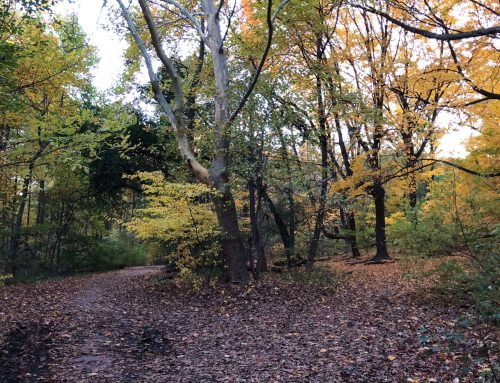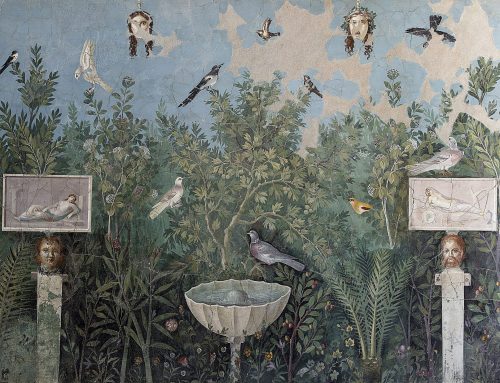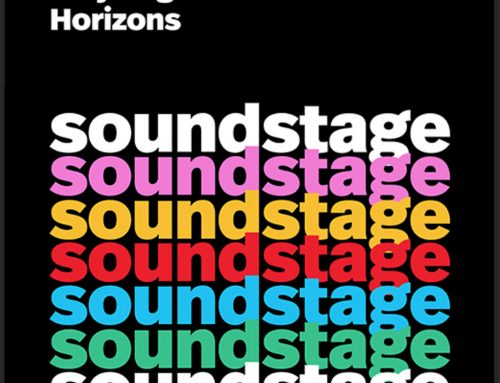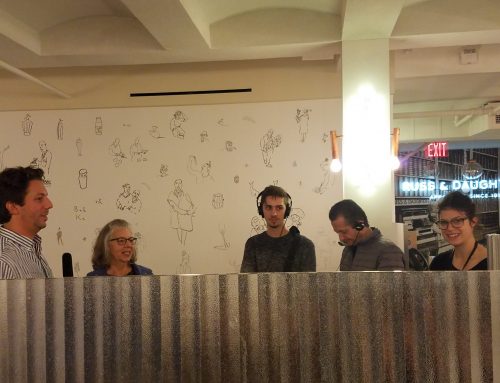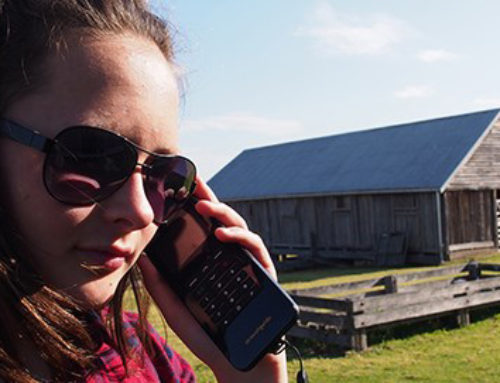
Accessibility is a key priority for museums. But in Germany, it means more than wheelchair ramps, elevators, video guides in sign language, and audio descriptive tours. In Germany, content in what’s called “Leichte Sprache” (Easy Language) is a fundamental pillar of the accessibility mission. Never heard of it? It’s a special form of standard German that follows specific rules of grammar, vocabulary, layout, and structure. The goal is to enable people with cognitive disabilities or a limited knowledge of German to access information and, by law, many authorities are required to have documents and other content available in Leichte Sprache.
Take a look at this example:
Original:
“Berlin is the capital and the largest city of Germany, as well as one of its 16 constituent states. It has a steadily growing population of approximately 3.7 million. Berlin is the second most populous city proper in the European Union behind London and the seventh most populous urban area in the European Union.” (Wikipedia)
Translation in Leichte Sprache:
Berlin is the capital of Germany.
Berlin is the largest city in Germany.
Almost 4 million people are living in Berlin.
Many people are moving to Berlin.
So the number of people living in Berlin is growing.
Berlin is the second largest city in the European Union.
Only London is larger.
Writing Leichte Sprache can be challenging because of the decisions you have to make about prioritizing information to get to the essence of the meaning. And, as you can see from the example above, there are other attendant challenges:
- You need more words than in standard German and thus more space and time to convey the information.
- Audio guides in Leichte Sprache are narrated at a much slower pace than in standard German to allow the target audience to understand and process the information.
- Many terms have to be explained and the vocabulary is repeated to support comprehension.
- You have to trim a lot from the original texts if you’re anticipating a finished product that does not exhaust your visitors with an overwhelming supply of endless audio commentaries.
It goes without saying that cutting information often involves many, sometimes very passionate discussions, because – understandably – details are very dear to the client.
In 2017, Acoustiguide Germany translated the audio guide for the SKD, Dresden State Art Collection’s Royal Castle, into Leichte Sprache. The result was a total of 235 tracks and more than nine hours of audio content for the different exhibition spaces in the New and Historic Green Vault, Coin Cabinet, Turkish Chamber and Hall of the Giants.
Here are some examples from that project. Even if you can’t read and comprehend German, you can detect the simplicity and pacing of the sentences.
Sprecher:
Die Menschen benutzten diese Vogel-Figuren
im 16. und 17. Jahrhundert bei Trink-Gelagen.
Das waren fröhliche Treffen, bei denen sehr viel getrunken wurde.
Können Sie sich vorstellen, aus solch einem Gefäß zu trinken?
Das ist sehr schwierig,
weil der Vogel-Hals sehr lang und dünn ist.
Und die Flügel der Vögel bewegten sich beim Trinken.
Die Menschen dieser Zeit hatten mit den Figuren viel Spaß.
Sprecherin:
Was erzählt Ihnen dieses Kunst-Werk?
Im Mittelpunkt steht das Email-Porträt von August dem Starken.
Es zeigt ihn als Herrscher.
Das erkennen Sie zum Beispiel an der polnisch-litauischen Krone
und dem roten Kurhut über dem Portrait.
Nur wenige Fürsten durften den Kurhut tragen
In der Zeit Augusts des Starken
gab es neun Kurfürsten im Deutschen Reich.
Der Hut war das Zeichen ihrer Macht.
The Acoustiguide Germany team has been specially trained to write in Leichte Sprache by capito Berlin, one of our creative partners. We are eager to provide our expertise to cultural sites and to ensure that accessibility-for-all remains a priority.
To learn more about Leichte Sprache, follow these links:
- Leichte Sprache A website of a network lobbying for Leichte Sprache and that provides resources
- Hurraki A dictionary providing some translations
